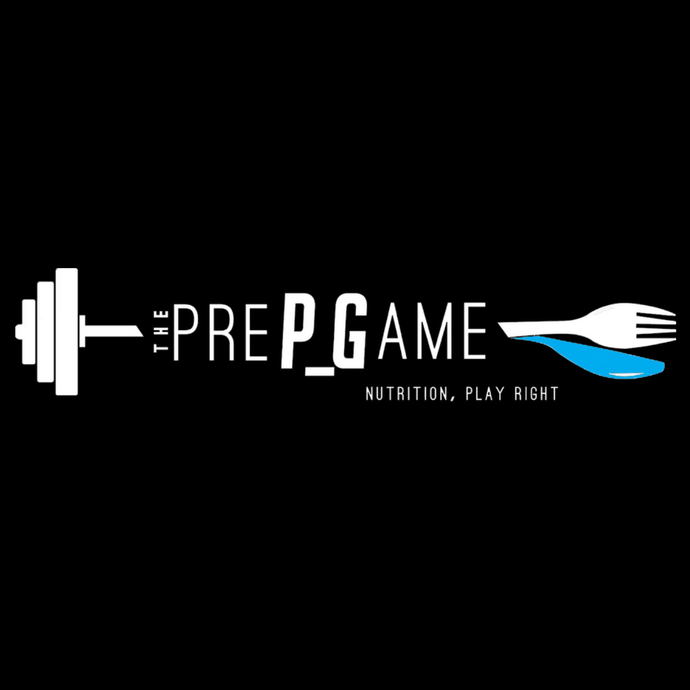When we see 'low-fat' plastered over a food label, we often automatically assume that the fat has been replaced with sugar, salt, additives or something else that is worse for us than the actual fat that has been removed. As a result, many people avoid low-fat products, but if you take a closer look you will find that not all foods with fat taken out have nasties added back in (although many do). Some low-fat products are in fact higher in nutrients and lower in kilojoules than their full-fat relatives, but you need to read the labels carefully. More importantly, do we even need to choose low-fat anyway or just stick to the full-fat versions? I am asked this question all the time, and the answer is far from clear cut, so I thought I would write about it and try to clarify the best options for different individuals and circumstances .
'Low-fat' can be a very deceiving label on a food. Some foods are labelled low-fat when they are naturally low in fat to start with, so the food has not been altered in any way from it's natural state (eg. rice-based crackers). Some foods can have the fat reduced, but nothing else is added to replace it (eg lean meats from which the fat has been trimmed). Other foods named low-fat or "xx% fat free' have had fat removed, or are formulated to have a lower fat content, but to make the food palatable have a myriad of sugars added. Sugar can be can be disguised within an ingredients list within a range of forms such as glucose, dextrose, fructose, corn syrup, fruit concentrate, brown rice syrup, honey, honey powder (!), maltodextrin, invert sugar, maltose, malt syrup and agave (which for some reason is often promoted as a healthy sweetener but is still high in sugar and super-high in fructose, reducing the glycemic index but big deal, it's still sugar). Additives are also often plentiful in processed foods to maintain texture and shelf life. An example of the types of foods that may be low in fat but higher in sugar and other additives include processed sweet and dry biscuits, fruit/muesli bars, breakfast cereals, flavoured milks and smoothies, sauces and dressings, ice-cream and flavoured yoghurts.
Speaking of yoghurt, the dairy cabinet is one area of the supermarket that can be overwhelming when it comes to choice, and yoghurt is probably the main culprit when it comes to reducing fat content but adding sugar. I don't read labels in the yoghurt aisle. I just try to keep it simple and stick to natural or Greek varieties, and most of the time avoid fruit flavoured yoghurts. Whether sweetened with sugar or artificial sweetener (I am a little unsure to be honest which one is least preferable), there is usually minimal fruit content and most of them don't even taste like real yoghurt. Add your own fruit/nuts/seeds at home.
The next dairy option to consider is milk. LOW-FAT MILK IS NOT HIGHER IN SUGAR THAN FULL-CREAM! Back to my fridge for some nutrition comparisons, per 100ml:
Full-cream milk Reduced fat milk
Energy 64 calories 46 calories
Protein 3.4g 3.5g
Fat 3.4g 1.4g
Saturated fat 2.3g 0.9g
Carbohydrate 4.8g 4.9g
Sugars 4.8g 4.9g
Sodium 44mg 44mg
Calcium 128mg 132mg
Similarly with yoghurt, low-fat natural or Greek varieties DO NOT have more sugar than full fat.
Milk and natural yoghurts do not contain extra sugar when the fat is removed, but do we really need to choose the low-fat versions anyway? I am asked almost daily whether low-fat or full-fat milk is better and my answer always varies depending on who I am talking to. I have both reduced fat (not skim) and full cream milk in my fridge. I give my two young growing boys full-cream milk. You can offer low-fat milk once little ones reach 2 years of age, but my boys are bundles of energy and the additional calories are useful for them. We also have low-fat milk, mostly for my husband who is a large consumer of milk as part of milkshakes and protein drinks. The benefit of low-fat is the reduction in calorie intake with larger volumes. Myself I vary it, going for full cream milk usually, but sometimes low-fat if I seem to be having a bigger dairy day. My preferred dairy option is yoghurt, and again, sometimes I choose full-fat, but probably more often low-fat as I eat a fair bit of it. So it comes down to the amount of dairy food you eat, as to whether or not you need low-fat dairy options, with consideration also of health and body composition goals. Many people are concerned about saturated fat intake with regard to specific medical conditions and this is also an area for discussion based on individual circumstances. A great article for an update on the debate over saturated vs. unsaturated fats from Harvard School of Public Health, 'Is butter really back?'. It is long, but well worth a read http://www.hsph.harvard.edu/magazine-features/is-butter-really-back/ and outlines the positive aspects of unsaturated fats for good health rather than trying to solely reduce total or saturated fat.
It is interesting to also compare the carbohydrate and sugar contents of non-dairy milk options also. Looking at the full fat varieties, soy milk generally has a slightly higher carbohydrate content than dairy milk (5-6g/100ml vs. 4.8g/100ml). Oat milk (>8g/100ml) and almond milk (4.8-9g/100ml) are generally higher in carbohydrate than dairy milk, and rice milk usually twice as high (10-13+g/100ml), depending on the brand....rice milk is a terrific base for protein powders for athletes! Regular coconut milk is not that much lower in carbohydrate (4g/100ml) than dairy milk but significantly higher in fat (the brand I looked at was ~24% fat, so 6x the fat of regular milk) and almost 4x as many calories. *Note, these values were taken from a range of supermarket products, some milk varieties may be higher, or lower in carbohydrate (particularly unsweetened varieties).
Above all, it is important to remember that most foods with a low-fat claim are highly processed. If you are eating mostly fresh foods in as close to their natural state as possible then you don't have to worry too much about labelling, or ingredients, or the numbers in the nutrition information panel. By eating less-processed and including fresh vegetables, lean proteins, fish, dairy, nuts, seeds, fruits and wholegrains you are likely to automatically reduce your intake of fat and sugar. Fat is not the bad guy. Healthy fats are good for you and should be eaten daily. Whether you choose low-fat varieties of foods may relate more to your overall energy and calorie needs than anything. But the other thing to remember is that even though reducing fat intake may reduce calories, you may end up hungry and disappointed. The full-fat alternative may leave you feeling fuller so you may in fact eat less overall, and feel more satisfied if you prefer the taste. Also remember that full-fat yoghurt is still only ~4% fat, or 96% fat-free, it's not like you are eating half a cheesecake for breakfast!
If you are an athlete you may not want to reduce your calories necessarily, but instead focus on optimal carbohydrate and protein intakes for training and performance, so low-fat varieties of certain products may be useful to manipulate macronutrient intake for fuelling, recovery or body composition goals.
I feel like I am making things more complicated than they really are, but the best choices in nutrition are very individual based on a range of personal factors - lucky there are so many options out there to choose from, the challenge is choosing from these the best one for you.




























